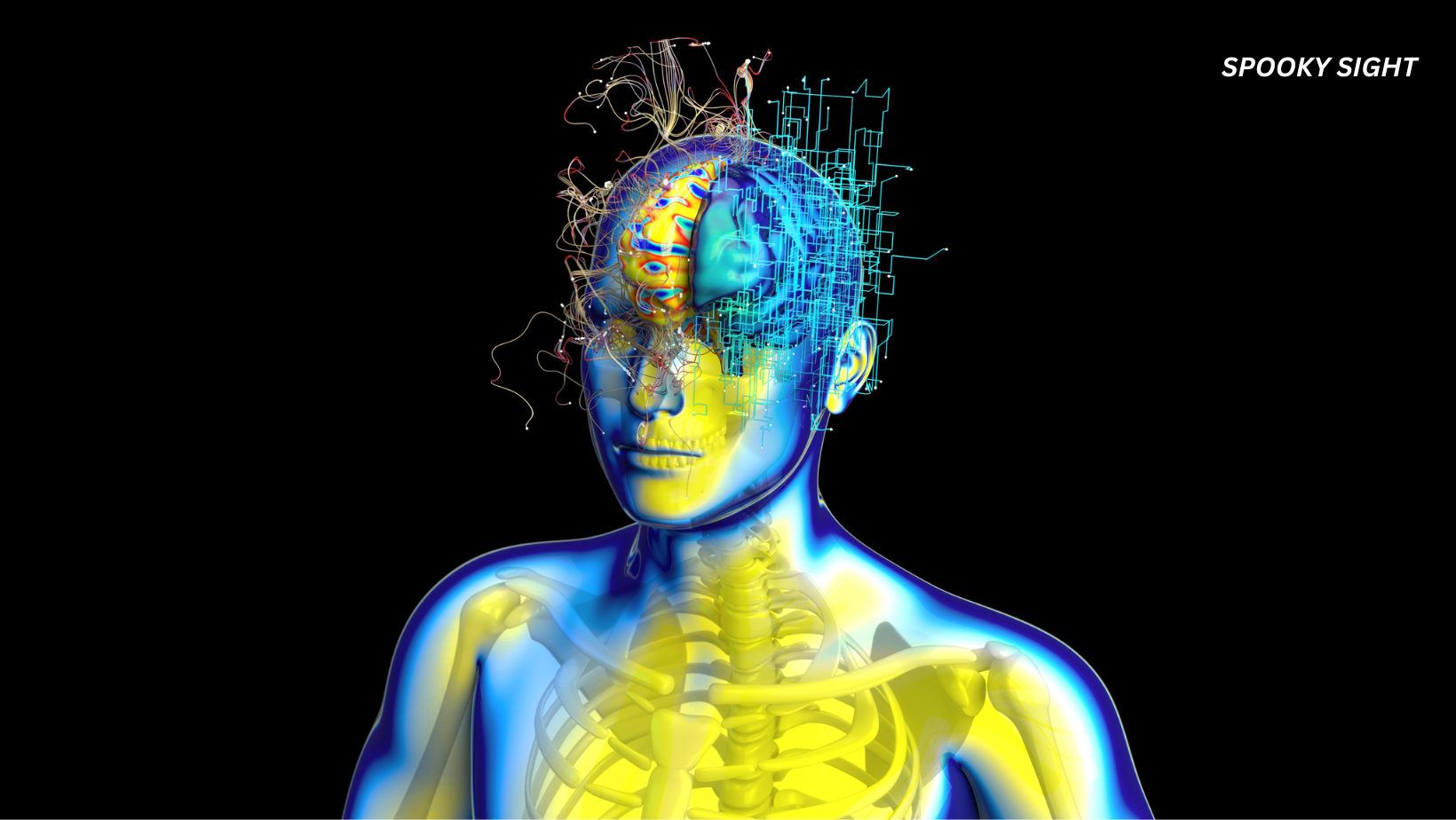Let’s face it—concentration is one of those things we all want, like six-pack abs or the ability to ignore our phones for more than five minutes. But in a world where we’re bombarded by pings, pop-ups, deadlines, and distractions, staying focused can feel like trying to meditate on a rollercoaster.
Here’s the truth: some people are annoyingly good at it. They dive deep into tasks, tune out noise, and seem to glide through their day with monk-like discipline. So what’s their secret? It’s not that they have magical brains—it’s that they avoid certain habits like the plague.
Below are 9 things you’ll never catch truly focused people doing, backed by psychology and sprinkled with a dash of real-life relatability.
1. They Don’t Let Distractions Set Up Camp in Their Brain
Imagine your attention is a spotlight on a stage. Every time you look at your phone, chat with a coworker, or switch tabs, you yank that spotlight away from the main event. Focused people know this. That’s why they ruthlessly eliminate distractions before they even start.
Instead of tolerating background noise or “just checking” Instagram, they design their space for attention. Phones go on silent or in another room. Notifications are turned off. Boundaries—like “do not disturb” hours—are made clear to others.
What psychology says: The “Zeigarnik Effect” tells us that unfinished tasks stick in our minds. So if you’re halfway through a text conversation while writing a report, your brain is tugged in two directions—splitting focus and reducing mental performance.
2. They Don’t Depend on Caffeine to Function
We’ve all had those days where coffee feels like a lifeline. But high-concentration individuals don’t rely on caffeine to get into “focus mode.” In fact, too much caffeine can backfire—causing anxiety, restlessness, or energy crashes.
They choose natural, sustainable energy strategies like:
- Hydration (yes, water really helps the brain work better)
- Stretching or light movement between tasks
- Eating nutrient-dense meals that fuel long-term concentration
Bonus insight: According to a study from Johns Hopkins, caffeine can improve memory—but only if you’re already well-rested and not overstimulated.
Read more: Highly Intelligent People Steer Clear of People With These Traits
3. They Don’t Juggle Ten Things at Once (Because They’re Not Octopuses)
Multitasking is one of the biggest productivity myths of our generation. When you try to do several things at once—like answer emails, cook dinner, and mentally plan tomorrow’s outfit—you’re not doing them simultaneously. You’re just switching between them rapidly. And each switch taxes your brain.
Focus masters single-task instead. They dive deep into one thing, finish it, then move on. It’s not glamorous, but it’s efficient.
Cognitive science confirms that multitasking lowers IQ and increases errors. In fact, people who consider themselves “good multitaskers” often perform worse on tasks requiring sustained attention.
4. They Don’t Live Inside Their Heads Too Much
Have you ever spent more time thinking about starting a task than actually doing it? Over-analyzing and mental looping are major concentration killers. Focused individuals don’t get trapped in self-talk spirals like:
- “What if this doesn’t turn out well?”
- “Maybe I should start with something easier…”
- “Is now even the right time?”
Instead, they get started—even if conditions aren’t perfect. They trust momentum will carry them forward.
Psychological tip: Action breeds clarity. The brain often becomes more engaged once the task has begun. It’s the starting that’s the hardest part—not the doing.
5. They Don’t Let Inner Resistance Win
That little voice inside your head—the one that says “just five more minutes on the couch”—isn’t always your friend. Resistance shows up in many forms: procrastination, avoidance, sudden interest in reorganizing your sock drawer, etc.
People with high focus feel that resistance too—but they don’t indulge it.
They’ve trained themselves to act anyway. Whether it’s using a timer (like the Pomodoro Technique), setting micro-goals, or using “temptation bundling” (doing a boring task while listening to a favorite podcast), they push past that initial friction.
Psychology term to know: “Ego depletion” suggests that self-control gets worn down over time. That’s why many high-performers tackle the hardest tasks first thing in the morning, when willpower is still fresh.
Read more: Signs That Mean Your Relationship Conflict Is Doing More Harm Than Good
6. They’re Not Inconsistent With Their Habits
People who are scatterbrained today and ultra-focused tomorrow usually don’t stay productive for long. That’s because our brains love rhythm and predictability. Focused individuals understand the power of routines.
They have morning rituals that prime their minds. They batch similar tasks to reduce mental switching. They might even set up “focus zones”—like only checking email in the afternoon, or writing in the same quiet corner each day.
Fun fact: Neuroscience shows that habits reduce the need for conscious decision-making. The less mental energy you spend figuring out what to do next, the more brainpower you have to focus.
7. They Don’t Skimp on Sleep (Seriously, They Just Don’t)
You might think burning the midnight oil is noble. But for those who care about long-term focus, sleep isn’t negotiable—it’s essential.
Sleep helps your brain consolidate memory, regulate mood, and restore attention. When you’re sleep-deprived, you’re more easily distracted, emotionally reactive, and sluggish.
Focused people make rest a priority. They don’t sacrifice sleep to “get more done”—because they know that working well-rested is 10x more effective than struggling through brain fog.
8. They Don’t Stay in a Constant State of Stress
A little pressure can sharpen your focus. But chronic stress? That’s like trying to run a marathon with a 100-pound backpack.
High-focus individuals regularly check in with themselves and find ways to de-stress. Whether it’s a five-minute breathing session, a short walk outside, or writing in a journal, they’re proactive about emotional hygiene.
Scientific bonus: Chronic stress floods the brain with cortisol, a hormone that impairs memory, learning, and—you guessed it—focus.
9. They Don’t Leave Things Dangling
Half-finished projects aren’t just annoying—they’re mentally exhausting. They tug at your attention even when you’re trying to focus elsewhere. That email you didn’t send? That video you never finished editing? Your brain remembers.
People with strong focus have a habit of finishing what they start. They break large projects into smaller pieces so they can complete them in stages and experience the satisfaction of progress.
They also understand this golden rule: Done is better than perfect. Completion brings clarity—and builds confidence for the next task.
Read more: Things That Women Had to Do in the ’60s That Are Shocking Today
In Conclusion: Focus Is a Lifestyle, Not a Talent
If you thought laser-sharp focus was something people are born with, now you know better. It’s not about perfection. It’s about what you consistently avoid and what you habitually choose.
So if you want to train your brain for better concentration, take a cue from these focus masters:
- Respect your energy
- Tame your environment
- Build daily rituals
- Protect your attention like a prized possession
Because in a world where everyone’s distracted, the ability to focus is practically a superpower. And you don’t need to be a superhero to claim it—just a little practice and a lot of intention.
Image: Freepik.









